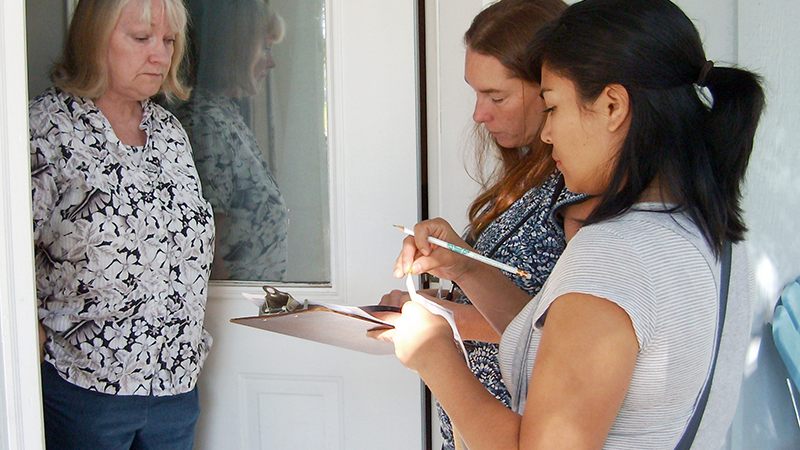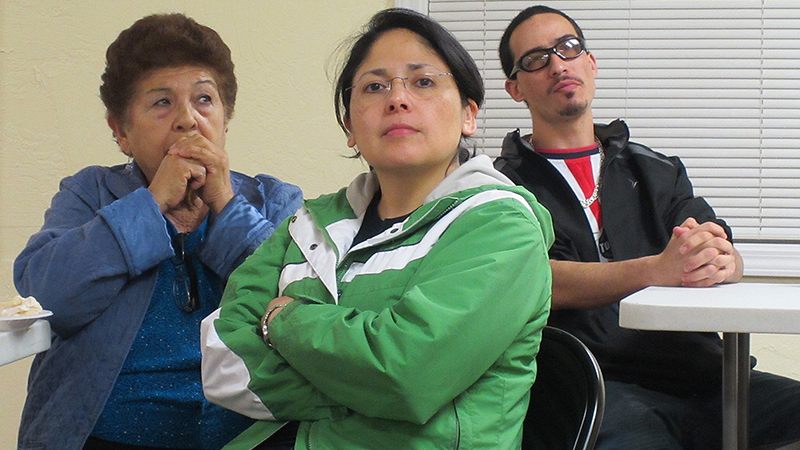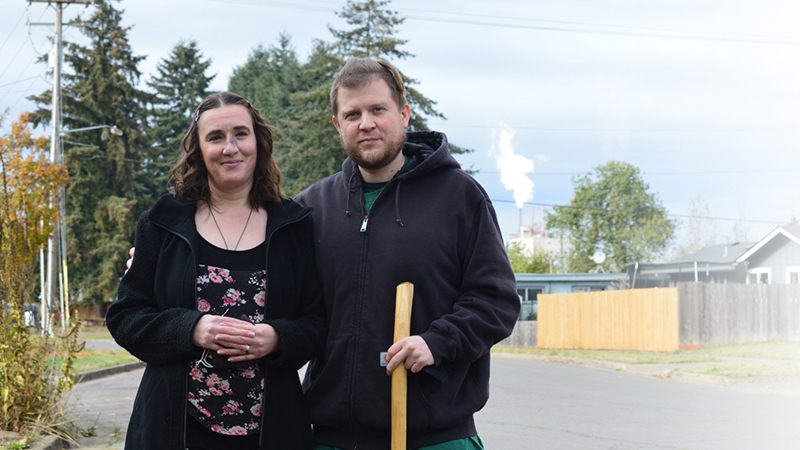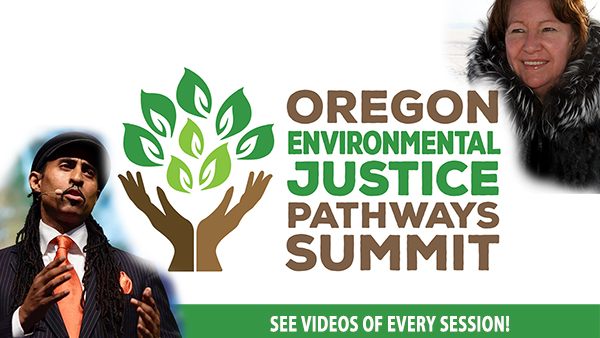Environmental Justice
Historical patterns of discriminatory exposure to toxic and environmental hazards put vulnerable communities at higher risk of serious health problems.
What we are doing
Beyond Toxics is part of a community-driven, multiracial movement that confronts the systemic and historic factors behind environmental injustices. Our mission is to advocate for clean air and water and prioritize the well-being of Oregon’s frontline communities. We are actively pushing for stronger policies that highlight and protect public health.
Projects

West Eugene Community Health
In West Eugene, the absence of community investments is clearly evident. Local residents bear the burden of inhaling 99% of all industrial air toxics in the Eugene metropolitan area. Through our Environmental Justice projects, Beyond Toxics initiated hundreds of community health surveys in these frontline neighborhoods to help gather valuable insights. Nearly two-thirds of respondents reported significant impacts from polluted air and various health problems. These results emphasize the urgent need for targeted action and environmental interventions to address the pressing challenges faced by local communities.

Toxics Right-To-Know
The concept of “Toxics Right-To-Know” forms the bedrock of genuine environmental justice principles. Government transparency and access to information are key components. Both are necessary reforms for communities to effectively advocate for safeguards against poorly regulated and hazardous industrial, forestry and agricultural practices. Equipped with factual knowledge, communities can empower themselves and make informed decisions to protect their well-being and environment. By advocating for and upholding the principles of the “Toxics Right-To-Know” principles, we pave the way for a more equitable and informed approach to environmental protection.

Stories from Our Communities
We highlight the challenges faced by individuals and families in Lane County as they combat pollution in their neighborhoods. Beyond Toxics actively collaborates with these communities, working hand-in-hand to seek viable solutions. Andrea, a resident from the West Eugene area, eloquently expresses her vision, stating, "In the future, my hope for this neighborhood is that we can get a public health overlay zone to protect myself, my family and our neighbors from future pollution and toxins in the neighborhood."


